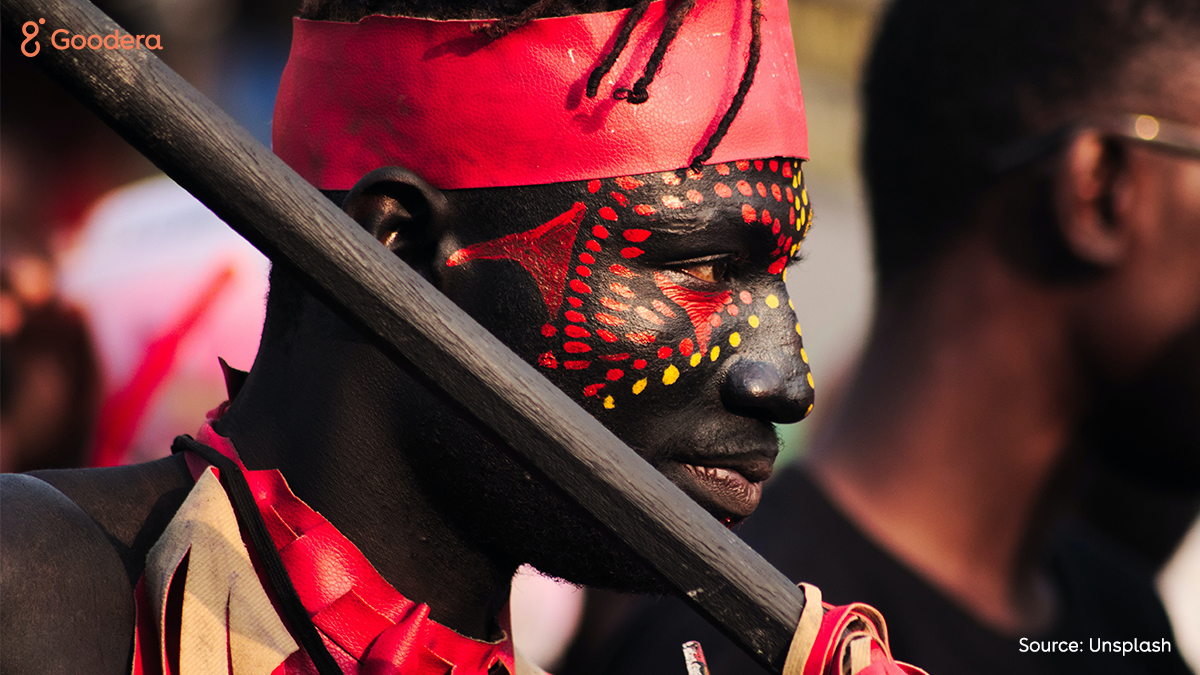Indigenous people are ethnic groups with a distinct culture whose ancestors were the earliest settlers in an area. There are approximately 476 million indigenous people in the world today who speak more than 4000 languages. They possess valuable ancestral knowledge and expertise on climate adaptation, mitigation, and risk reduction.
Despite owning, occupying, or using a quarter of the world’s surface, Indigenous Peoples protect 80 percent of biodiversity. It is common for indigenous people to be excluded from formal recognition of their lands, territories, and natural resources. Lack of formal recognition limits their participation in political processes and decision-making. Indigenous people are more vulnerable to natural hazards and disease outbreaks because of this legacy of inequality and exclusion.
International Day of the World’s Indigenous People is an annual event organized by the United Nations. It serves as the UN’s primary call to action on the protection and promotion of indigenous peoples’ rights.
Goodera has created a list of nonprofit organizations dedicated to raising awareness of the indigenous community and assisting those in need. Keep reading to find out more about the organizations and consider supporting their cause.
1. Roots & Routes is strengthening the roots of the indigenous communities.
Roots and Routes facilitate networks, exchanges, collaborations, and campaigns that enable people to speak for themselves and listen to each other. Their programs foster relationships between communities and provide Indigenous and ancestral populations with space to lead the way in stewarding life-sustaining societies. They have created a web-based educational hub called ‘Plurivarsity’. This space lets people from the indigenous community teach and learn simultaneously from one another’s cultural knowledge and practices. In addition, it allows people outside the community to learn directly from those who hold land-based cultural knowledge.
2. The Indegenous enhances the social media presence of indigenous communities.
The Indigenous is creating a platform for the indigenous community to share their traditions, stories and values. They seek to reduce inequalities among indigenous peoples. To achieve this, they aim to expand youth participation in the formal economy, provide access to justice, and engage in political and decision-making processes. With its presence in the virtual world, the nonprofit hopes to attract greater recognition, participation, and research about Indigenous peoples. It collaborates actively with indigenous artists, photographers, explorers, and visionaries. In addition, they have uploaded a database regarding indigenous peoples in North East India and Africa that researchers and students can use.
3. Women’s Education for Advancement and Empowerment (WEAVE) aims to ensure women and children can exercise their rights freely.
The Women’s Education for Advancement and Empowerment (WEAVE) organization was founded in 1990 to meet the needs and protect the fundamental rights of indigenous women. The primary focus of WEAVE’s work is on displaced persons, particularly women. In its projects, WEAVE attempts to address some of the challenges faced by ethnic women and their children from Burma, especially in the critical areas of education, health, economic empowerment, and violence against women. Although they primarily worked along the Thai-Burma border, their work has expanded to include the India-China-Burma border over the years.
4. WayuuTaya Foundation aims to improve the lives of Latin American indigenous people.
In 2002, the Wayuu Taya Foundation was founded to improve Latin-American indigenous communities’ lives while preserving and respecting their traditions, culture, and beliefs. Among the issues addressed by the organization are extreme poverty and educational deficiency that affect the development of the children on an integral level. Several programs aim to improve access to water, food and medical facilities along the Venezuela-Columbia border. Since its creation, Wayuú Tayá has focused on helping the Wayúu, an indigenous group of over 450,000 people.
5. Asociación Cultural Na Bolom A.C is supporting and uplifting the indigenous people of Chiapas
Asociación Cultural Na Bolom A.C is a non-profit Civil Association founded in 1950 by the Danish researcher Frans Blom and the Swiss photographer Gertrude Duby. The organization is dedicated to investigating, promoting, and rescuing indigenous communities of Chiapas. Through programs pertaining to health, environment, education, culture, and community development, they aim to respect and promote the human rights of the community. They are working with an interdisciplinary and multicultural team to create a research center that promotes heritage and education. Additionally, they reconstruct traditional houses with the help of historians, anthropologists, archaeologists, and other experts.
Celebrate International Day of the World’s Indigenous Peoples Day with Goodera
Indigenous cultures are a part of Earth’s history, and we must preserve them as we create new ones. Celebrating International Day of the World’s Indigenous Peoples creates an environment that allows people from different cultures and religions to interact meaningfully and defeat discrimination.
Are you a nonprofit professional? Share your impact story with our team to get featured and reach a global network of corporate volunteers powering the world of good.


